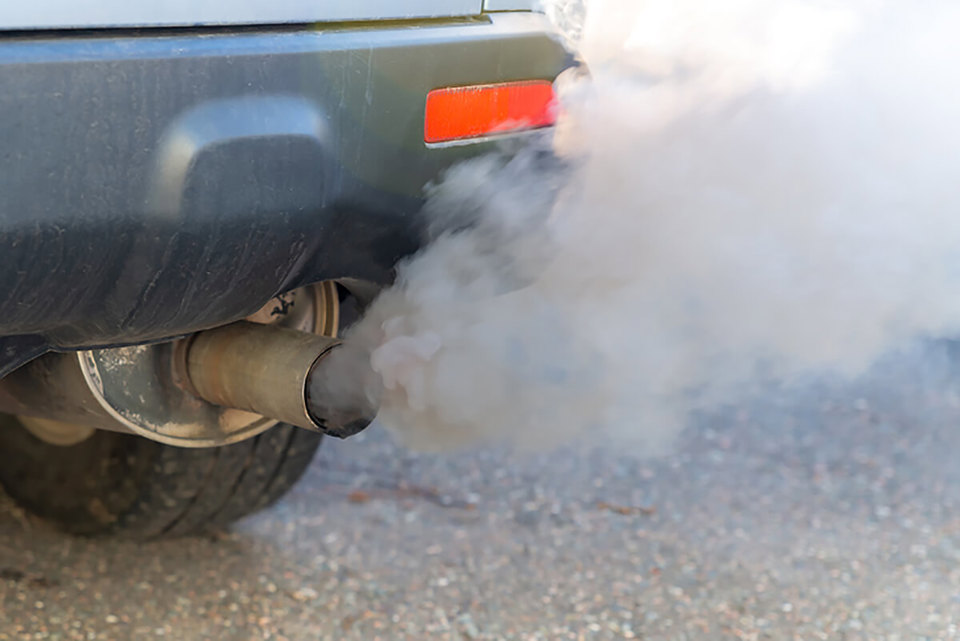The BVRLA is calling for consistency, forward planning and a measured approach to improving air quality, following a Environment, Food and Rural Affairs Committee report.
BVRLA chief executive Gerry Keaney said: “Air quality is a big issue for Britain’s urban areas, and we can understand why the Committee has called for councils to be given greater freedom to set up Clean Air Zones (CAZs).
"The vehicle rental and leasing industry is concerned that the UK could end up with a lack of consistency across CAZs – the Government needs to step up and deliver a framework for a nationwide network of low emission zones. It’s also important that motorists are not punished with retrospective measures for decisions that they have already made. Fleets operate vehicles on three, four and five-year contracts, and need time to prepare for any significant change.”
“Fleets need consistency, but a blanket ban of all diesel vehicles in city centres would be damaging to businesses – Defra must take a carrot-and-stick approach if it wants to drive the uptake of the least polluting vehicles, and bring the UK into compliance with EU air quality targets. The Committee rightfully recognises that Government incentives are needed to establish a self-sustaining low-emissions vehicle market. The BVRLA has repeatedly asked for in-life incentives that would benefit drivers of ultra-low emission vehicles, but the Government has failed to act.”
Software firm Chevin believes the report's implications - and the new introduction of Go Ultra Low cities and possible clean air zones - would drive further ULEV takeup.
Managing director Ashley Sowerby said: “Some kind of flexible provision seems to be the way forward and there are various ways to do this. You could specify that a certain percentage of your fleet are ULEVs and then swap them as needed among your drivers but this can be complicated. For most fleets, creating a ULEV pool could be the simplest operational solution.
“The pool could simply be used on as-needed basis and will especially make sense if your organisation requires a large number of journeys into the affected cities.
Elsewhere in the report, MPs said the Government must give councils greater powers to improve traffic movement.
Keaney added: “We welcome this move. It’s important to design cities that encourage a smoother flow of traffic, and councils should be thinking about which road layouts minimise congestion and prevent stop-start motoring which increases NOx emissions.”
“Progress to improve air quality in cities is already being made, and the rental and leasing industry is leading the way, pioneering new integrated transport solutions such as car clubs, and investing in ultra-low emission vehicles. BVRLA members operate the newest, cleanest, most environmentally-friendly vehicles on UK roads, while their innovative range of new mobility services encourage motorists to adopt more sustainable transport habits.”

















Tony - 28/04/2016 20:30
Has the congestion charges really made a difference other than an extra tax by the relevant Councils. For years I have been preaching the use of out of town parking and then using a one/two seat electric car to drive into town. With this approach, we would not have such a problem with air quality or parking